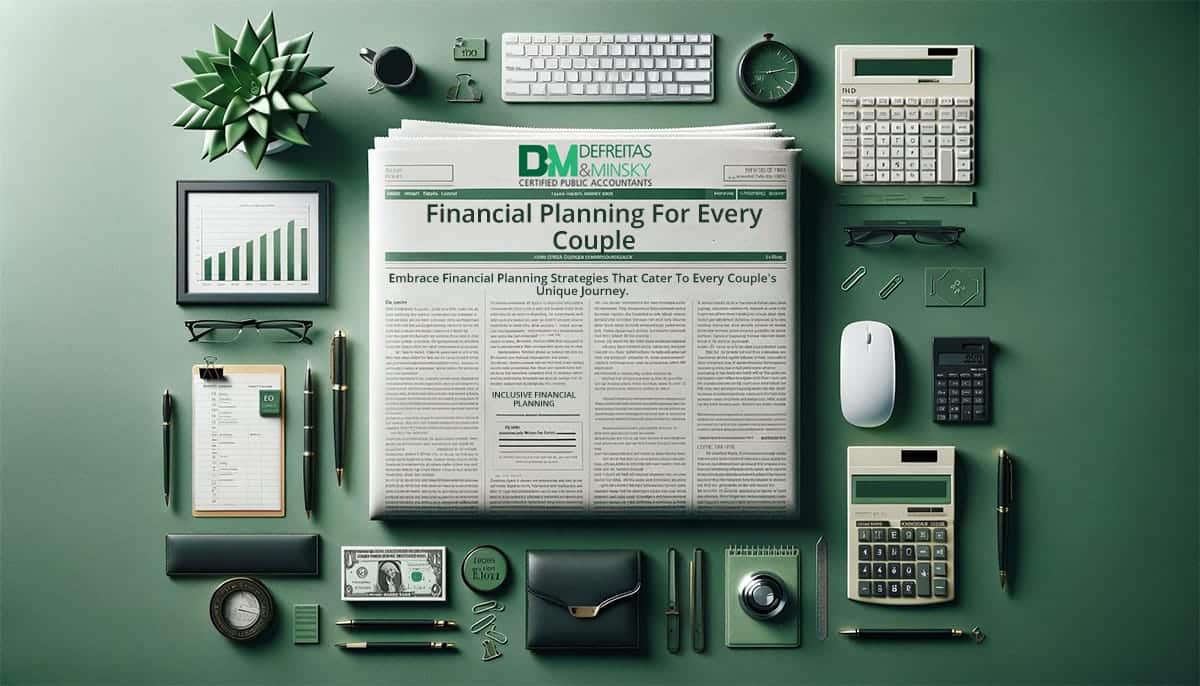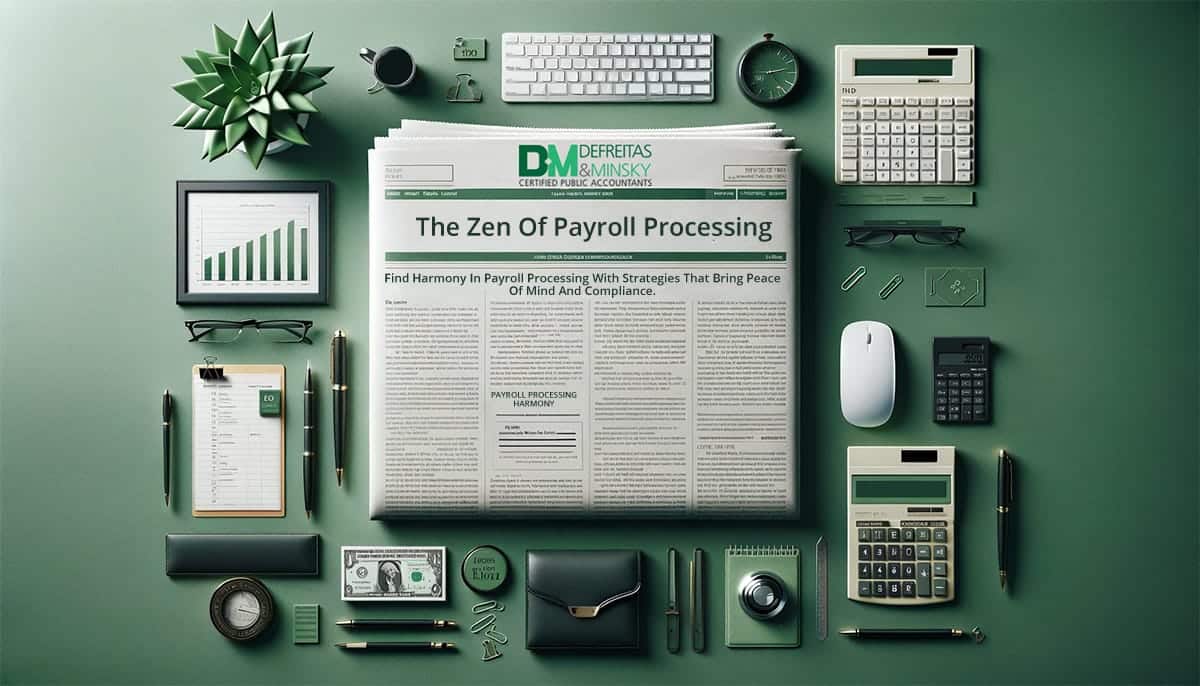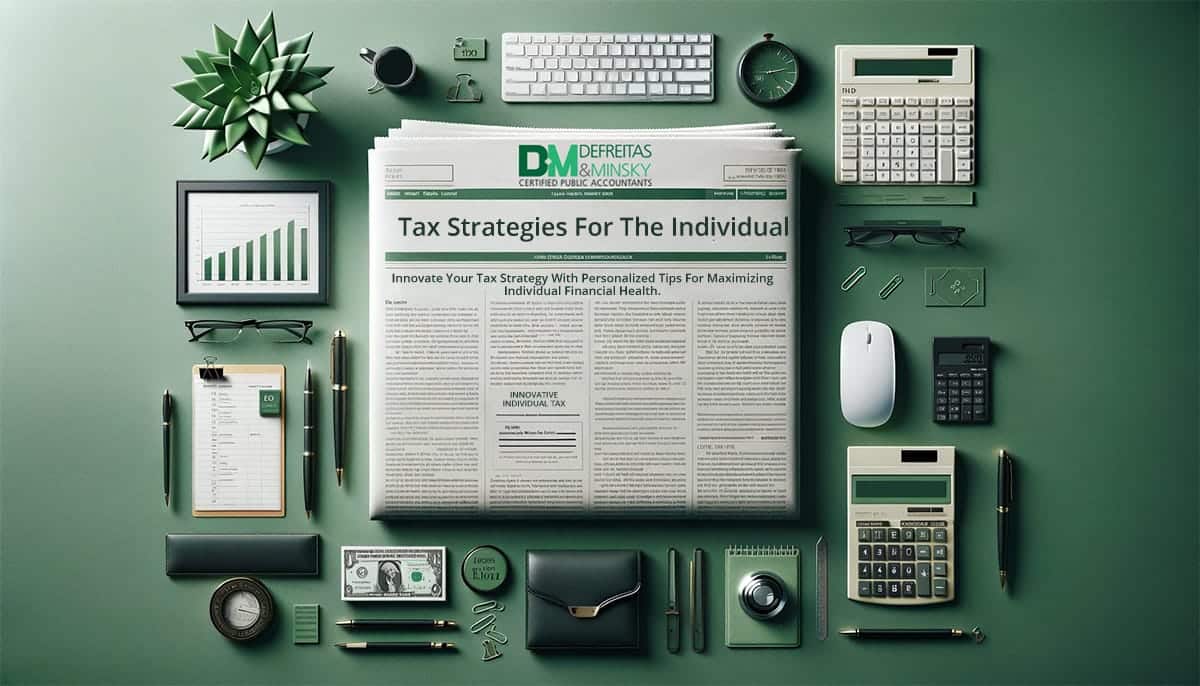Monitoring food cost, the percentage of total restaurant sales spent on food product, is critical to a restaurant’s success. By monitoring inventory, eliminating waste and ordering wisely, controlling food costs effectively can be simple and easy.
Controlling food costs produces savings
In the restaurant business where new food is prepared every day, food costs adds up quickly. Our six strategies for controlling food costs can help any restaurant remain profitable.
Track food cost and inventory
Keeping track of food costs on a daily basis gives restaurants a good sense of how their costs are trending. This prevents a big shock at the end of the month. Daily food cost and inventory also help a restaurant remain flexible by making necessary adjustments on the fly. Whatever system your restaurant employs, it pays off to know what’s in stock and what should be ordered.
Monitor profits and losses
Keeping a detailed profit and loss statement will help to show the flow of money in and out of your restaurant. This can help in controlling food costs by enabling a better evaluation of options. Then, your restaurant can identify where to cut costs.
Order wisely
By tracking inventory properly, a restaurant can do a better job of controlling food costs. A comprehensive daily inventory should dictate food purchases. Ordering in bulk is another effective strategy to keeping costs down. For those restaurants that have more than one location, buying direct from suppliers can save money.
Control portion size
In life as in restaurants, the little things can make a big difference. For large restaurants, food savings spread over many customers adds up quick. Training staff to identify the correct portion size can go a long way to controlling food costs.
Waste less
Smartly-run restaurants know that it’s essential to waste as little food as possible. Chefs should be trained to use every piece of a food product. Also, creativity with food scraps can help in controlling food costs.
Earn employee buy-in
Teach your employees to understand how controlling food costs benefits all staff by impacting the restaurant’s bottom line. Suddenly, waste, portioning and overall food quality will become a priority for cooks and wait staff. If these savings are redistributed to payroll, the money can help keep employees happy.
At DeFreitas & Minsky, we specialize in all aspects of tax returns on Long Island. If you need advice about controlling food costs or would like any other assistance, don’t hesitate to call DeFreitas & Minsky Certified Public Accountants at 516.746.6322 for more information.








